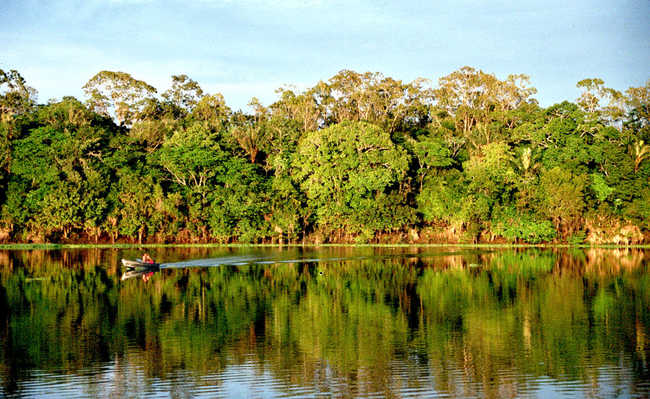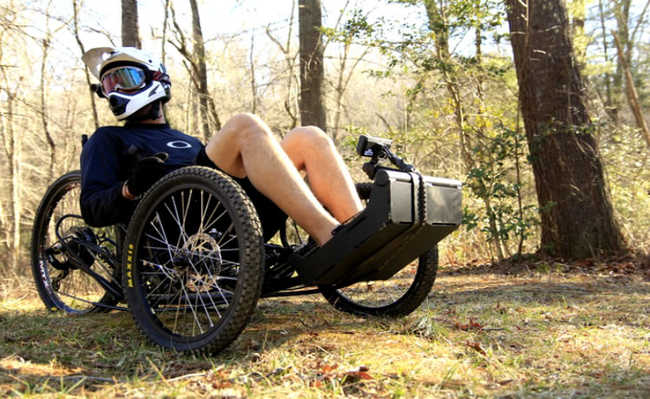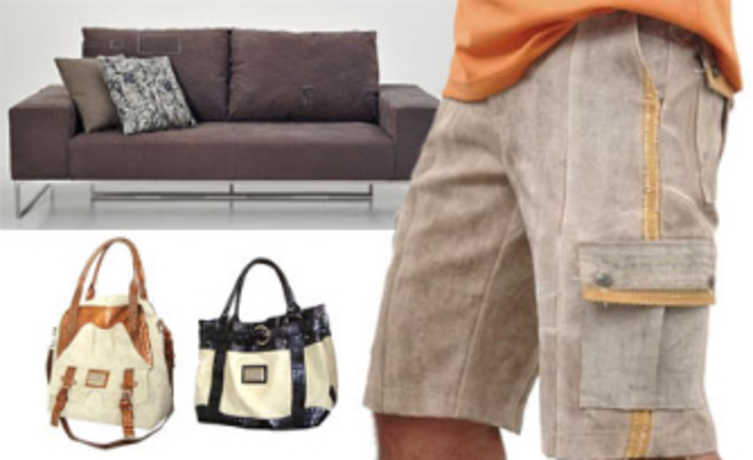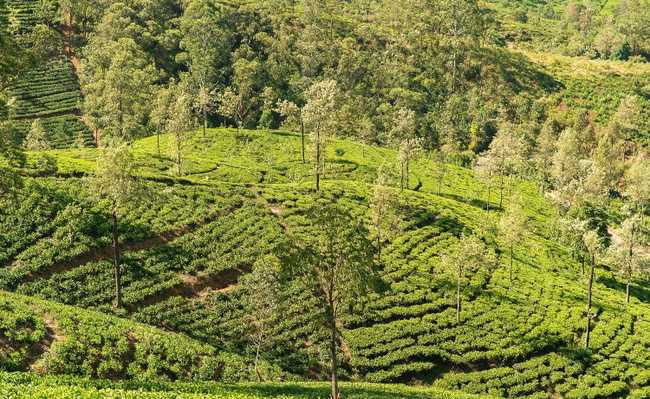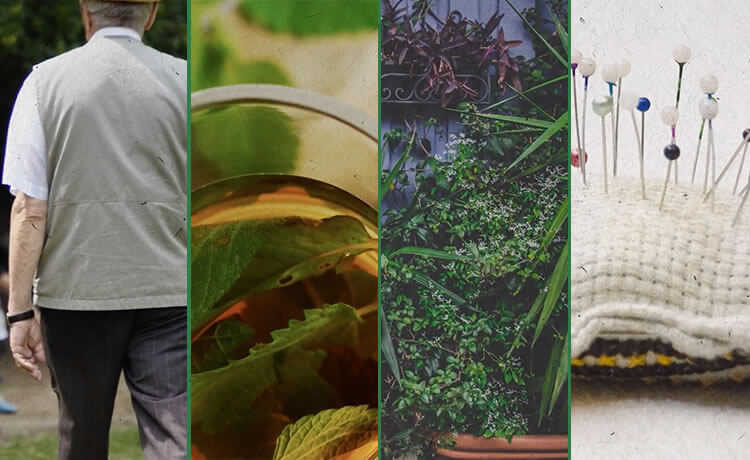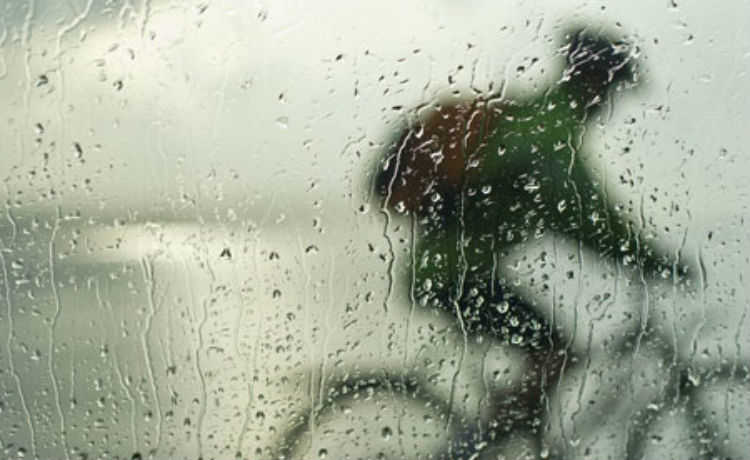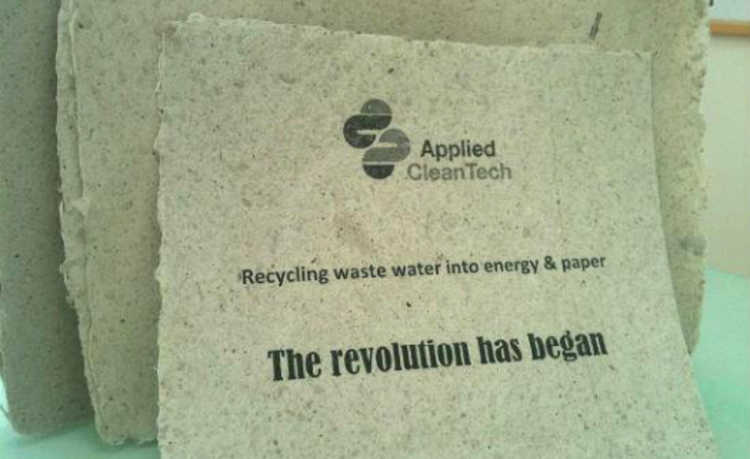Urban e-waste mining could earn Brazil R$4 billion per year
Circular economy practice would avoid wasting a real mineral deposit present in the electronic waste of large cities
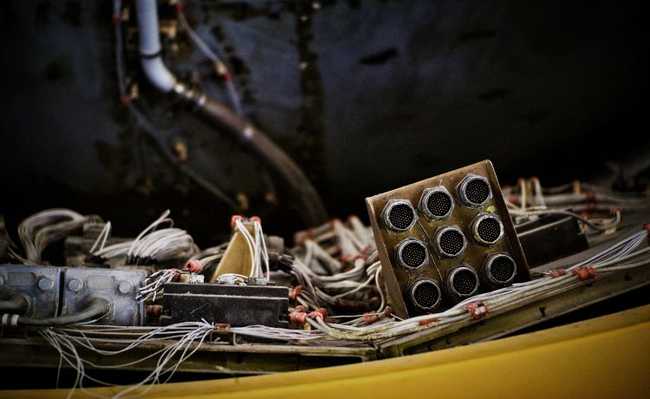
Image: Hafidh Satyanto on Unsplash
Many people keep real treasures in their homes in electronic waste, but they can only see “junk” in cell phones, cables and computer parts left in drawers, the so-called electronic waste.
A survey conducted by the Mineral Technology Center (Cetem), with data from 2018, in four states and the Federal District, revealed that 85% of respondents kept some type of equipment, which no longer works, kept at home.
These wastes from electrical and electronic equipment (WEEE) maintain, in their compositions, high value minerals, such as gold, silver, copper and aluminum, which can be reused and returned to the production cycle in the form of raw material. According to researcher Lúcia Helena Xavier, who is part of the Cetem research team, this is possible through a structured approach in what is known as the circular economy. The concept appears to replace the traditional linear economy model, which is based on produce-consume-dispose, and proposes new activities, such as urban mining and reverse logistics, in order to reach a sustainable solution to problems caused by lack of management of waste.
Brazil annually generates 1.5 million tons of electronic waste, which represents 3.4% of the 44.7 million tons generated in the world. The data place the country in the seventh position among the largest generators of this type of waste. Worldwide, only 20% of this material is collected and recycled.
According to Wanda Günther, a researcher at the Department of Environmental Health at the University of São Paulo (USP), the part of waste that is not properly managed ends up causing problems such as the occupation of large urban spaces by landfills and inadequate disposal sites. Soil contamination, risks to human health and the need to explore new natural resources, while those available are discarded, also appear as adversities generated in this scenario.
A survey carried out by the European Community in 2017, with data from 2016, reveals an economic potential of 55 billion euros in secondary raw material (has impurities) in the waste of electrical and electronic equipment. In addition to the study, the United Nations University (UNU) calculated the potential of some of the minerals present in these residues. With just the recovery of the gold present in discarded equipment, in 2016, the European industry would save 18.8 billion euros.
In Brazil, the projection of this same study points out that it would be possible to recover around R$ 4 billion with the urban mining of four metals (copper, aluminum, gold and silver), present in electronic waste generated in 2016. The southwest region of the country concentrates 56% of WEEE generation in Brazil, which favors urban mining as a source of raw material.
"In a way, we already have urban mining taking place in the country, for a long time, as is the case with the recycling of plastics, paper, cardboard and, especially, aluminum. The large price variations that occur today are the biggest difficulty for the establishment of long-term strategies."Lucia Helena Xavier, researcher.
The recycling of waste electrical and electronic equipment allows for a reduction in the environmental impact caused by the exploitation of natural resources on the planet.
The variation in the monetization of these resources is due to poor waste management, since components and minerals are extracted without the use of equipment to protect the environment and human health, in order to be sold at low prices. “There are mechanisms to avoid biases in the 'monetization' of waste . One of them is reverse logistics credit, or other economic incentive mechanisms, introducing liens or bonuses.”
Reverse logistic
"A study of the flow of energy and materials in the electro-electronic waste chain is necessary to implement a reverse logistics model", defends Lúcia Helena.
The National Solid Waste Policy (Law 12,305/10 and Decree 7404/10) provides for six priority sectors for the use of the method, of which only the electronics sector has not yet been regulated.
Nine years after the creation of the standard, on August 1, 2019, the government began a public consultation to debate the sectorial agreement for reverse logistics of electronic products. The debate runs until August 30th. It is the first step for consumers, government, manufacturers, importers, distributors and traders to make the commitment.
In addition to the responsibility of each of the parties involved, Lúcia Helena Xavier highlights that the sectorial agreement needs to establish a quantity for the collection and processing of WEEE in Brazil. “European and North American countries have specific instructions stipulating such percentages. For example, in Europe, starting this year, 65% of collection will be required, which is equivalent to the mass quantity of products placed on the market in a previous period, two years on average”, he says.
According to the secretary of Environmental Quality of the Ministry of the Environment, André França, the proposal presented foresees, in five years, an increase from 70 to 5,000 electronic waste collection points distributed throughout the country.
"The recycling targets are progressive, they start at 1% and, in these five years, they reach 17%. It may not seem like much, we are talking about 255 thousand tons of discarded electronic products."André França, Secretary of Environmental Quality.
The initial cut proposed covers the 400 largest municipalities in the country, with a population of over 80,000 inhabitants, and provides that all material collected, in accordance with the progressive targets, will be recycled. In addition to reducing the burden on the public urban cleaning service in these municipalities, landfills also have an extended useful life.
One of the obstacles to the agreement is the fact that the generation of WEEE is directly related to population density and purchasing power, which makes urban centers large generators, while small distant cities have less waste and end up increasing the cost for implementation of reverse logistics.
André França explains that the agreement provides for managing entities in the form of non-profit legal entities, constituted by companies or by an association of manufacturers and importers, who will be responsible for carrying out the actions related to the structuring, implementation, management and operation of the reverse logistics system . “In these cases, it will be necessary to consolidate a load in order to be economically viable and send this material for recycling,” he says.
The sectorial agreement does not make the link between any company and a management entity mandatory, but, for André França, this is a facility that makes reverse logistics economically viable. “The great advantage of being able to count on a management entity is that you can consort and share the operating costs of this system, and this is usually cheaper than the individual performance”, he explains.
Collectors
The proposal also recognizes the importance of the role of recycled material collectors
There is also the possibility of integration into the reverse logistics system, as long as the associations and cooperatives of these workers are legally constituted and duly qualified. In the Federal District, the Urban Cleaning Service selected and trained cooperatives to carry out the stages of collection and classification of waste. Among the institutions is the Cooperative 100 Dimension, located in Riacho Fundo, an administrative region close to Brasília.
According to Sônia Maria da Silva, CEO of the cooperative, even before being selected, the workers were already involved in dismantling electrical and electronic equipment. “In 2015, the company Dioxil [Technology], together with the University of Brasília (UnB), contacted us so that we could start dismantling computers from where the gold would be extracted. They trained us and we have already started working with this type of material”, says Sonia.
With 64 members, workers generate income from various solid waste. Recently, the group had to undergo an adjustment due to the proximity of the headquarters to the residential area. "Under the prevention and precaution rules, we rethought how we could work without attracting cockroaches or rats to the region and we decided to keep the sorting service only for electronics, tires and cooking oil." The president explains that the decision also involved the economic issue, as these are residues of high market value.
The training and the obligation to be legally constituted also reflect a concern with the health of the worker inserted in the prison. In the technical feasibility study carried out in 2012 by the Ministry of the Environment, during the regulation process of the National Solid Waste Policy, nine types of heavy metals present in WEEE and possible diseases caused by contamination are pointed out.
"Electronic equipment is not dangerous, but there are dangerous substances in the waste that this equipment releases when it comes into disuse",says USP researcher Wanda Günther.
Günther explains that heavy metal contaminants are not prohibited and that during the production process they are used to ensure that contamination does not occur. In the process of returning the product to its correct destination, these precautions are not yet regulated. “There are thousands of types of chemical products that industries handle under specific working conditions, with equipment, with protective masks. This also has to happen in the reverse flow”, he explains.
The implementation of reverse logistics in many developed countries is already seen in the low levels of mixing WEEE with common waste. Worldwide, only 4% of electronic waste is mixed with common waste. In Brazil, a survey carried out by USP indicated that 20% of the population of São Paulo does not separate this type of waste. “Consumers are still not aware of how to carry out reverse logistics. There is a huge gap in communication”, says Lúcia Helena. The researcher believes that some isolated initiatives are already taking place, but "national actions are needed to disseminate information and promote reverse logistics."

